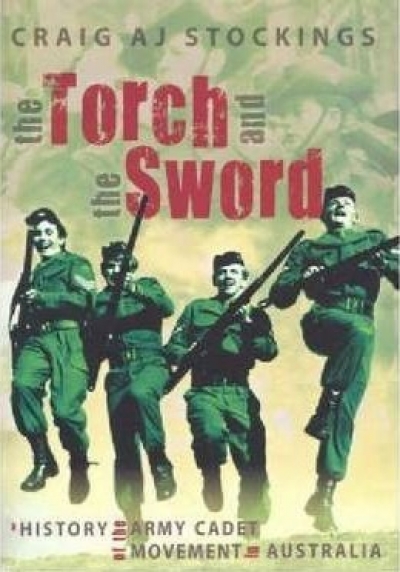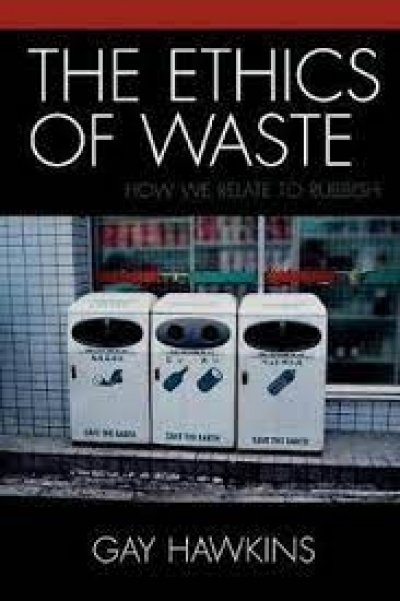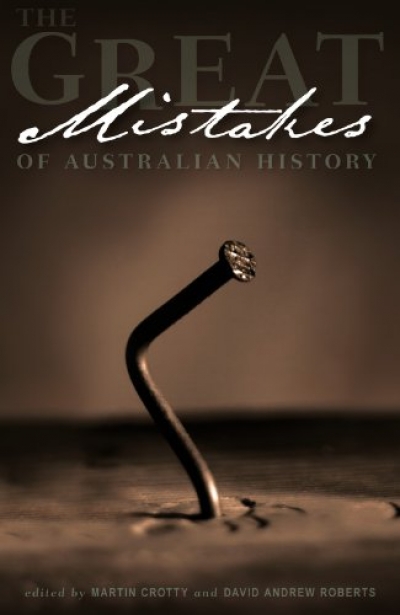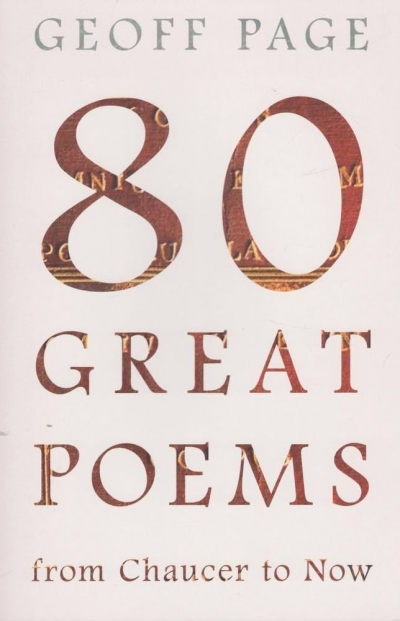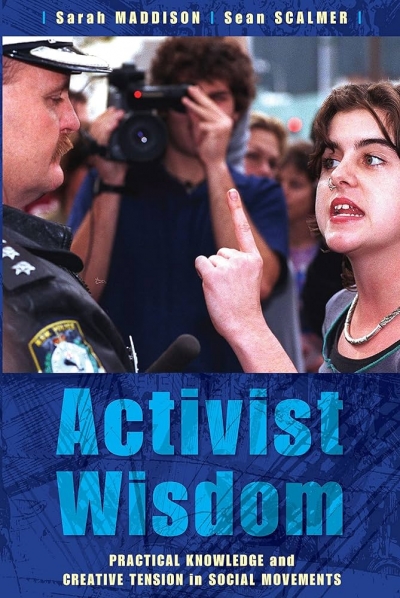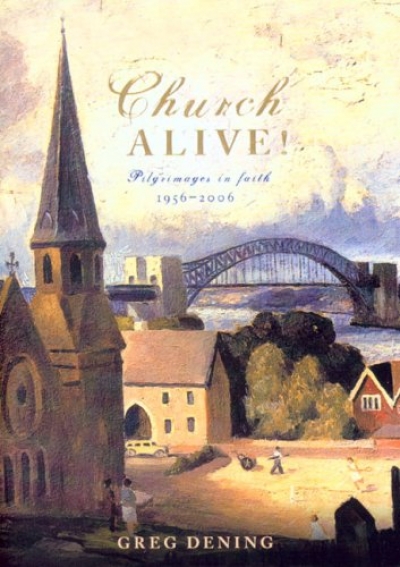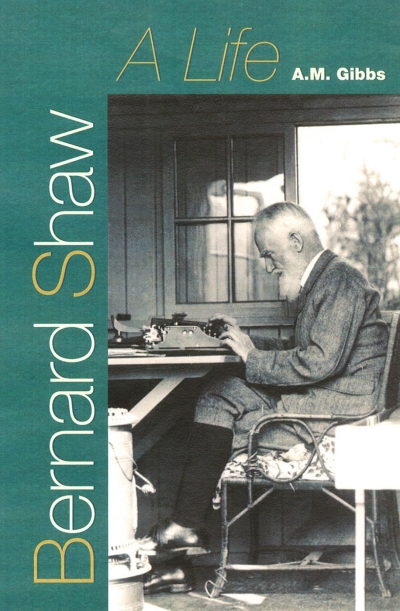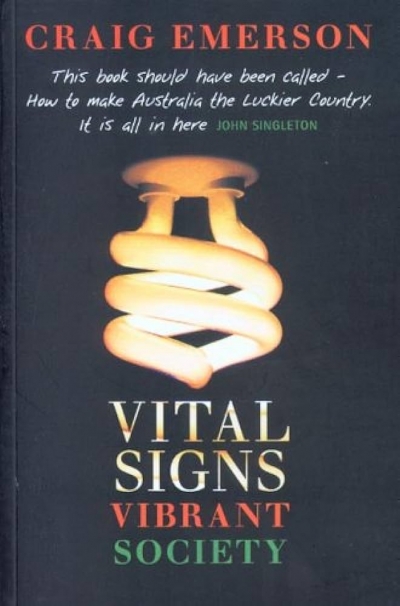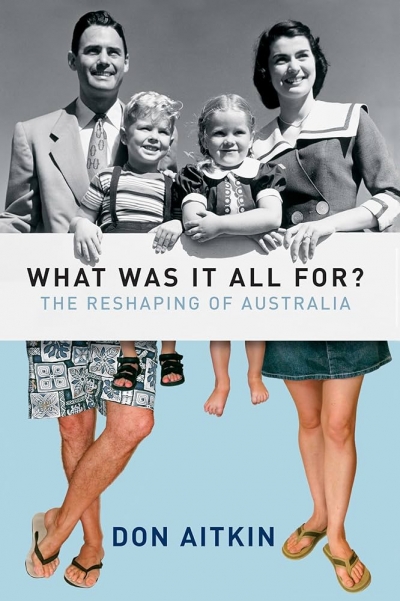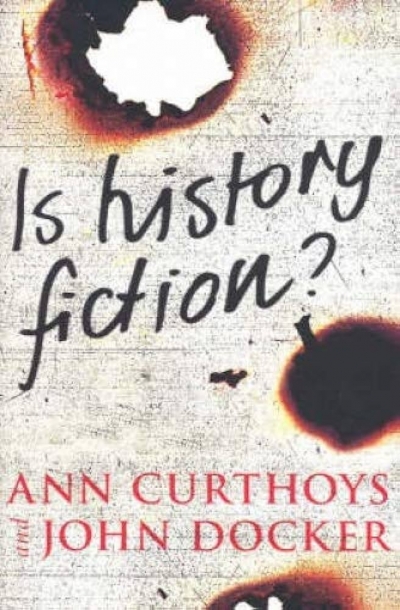UNSW Press
The Torch and the Sword: A history of the army cadet movement in Australia by Craig A.J. Stockings
by Gillian Dooley •
The Ethics of Waste: How we relate to rubbish by Gay Hawkins
by Rory Dufficy •
The Great Mistakes of Australian History by Martin Crotty and David Andrew Roberts
by Geoffrey Bolton •
80 Great Poems: From Chaucer to now edited by Geoff Page
by Chris Wallace-Crabbe •
Activist Wisdom: Practical Knowledge and Creative Tension in Social Movements by Sarah Maddison and Sean Scalmer
by Jay Thompson •
Church Alive!: Pilgrimages in faith 1956–2006 by Greg Dening
by Michael McGirr •
What Was It All For? by Don Aitken & Australia Fair by Hugh Stretton
by Dennis Altman •

